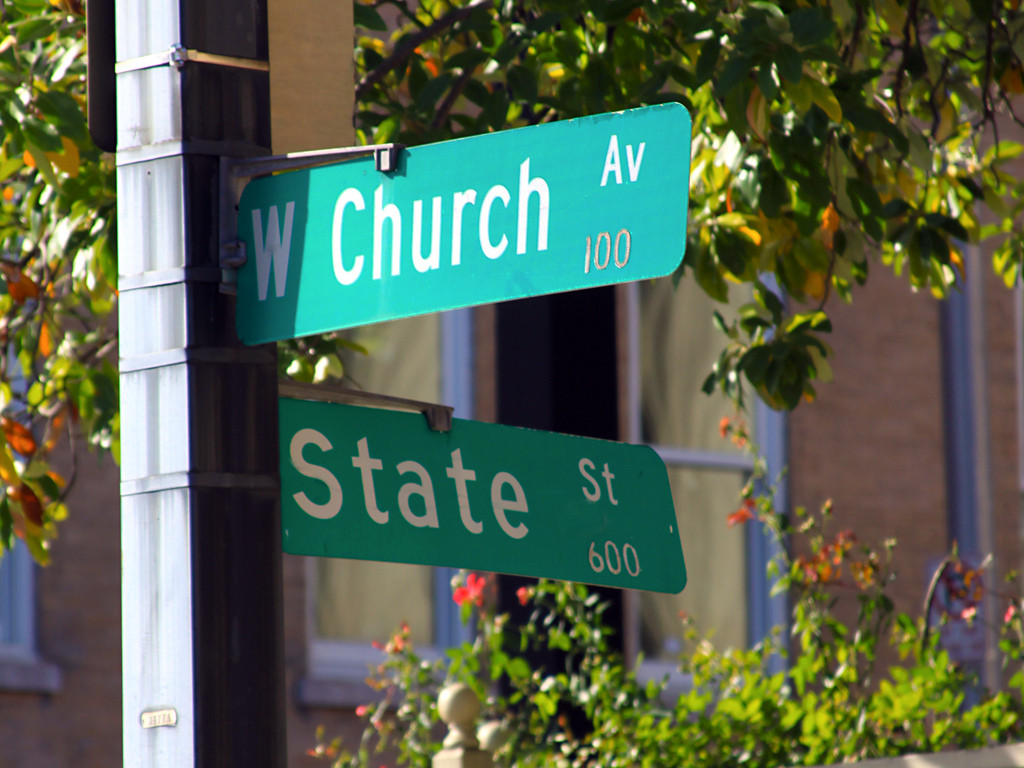I’m truly rooting for the bill on separating the church from the state, which was announced by Polish Initiative headed by Barbara Nowacka on Epiphany. Of course, let’s not kid ourselves that such an initiative has any chance of succeeding in the current Polish Parliament. Nevertheless, we all know that the project is a part of something much bigger. And the stakes are high.
First of all, it’s a fight for the hearts and minds of the voters who support the idea of an open society, and who grow more disturbed by the church intervening into state business every day. The fight for winning this group over will emerge between the center, which tries to unite, and free electrons on the left. The numbers clearly show that in order to defeat the Law and Justice party Polish opposition parties must unite instead of further dividing into smaller entities.
Incorporating the secularism postulates into their agenda by the center seems to be a much needed and pragmatic move for Grzegorz Schetyna, the leader of Civic Platform.
Secondly, and even more importantly, it’s a fight for introducing the idea of a secular state into the opposition mainstream and making it one of the key elements of the political agenda of the opposition. Therefore, an idea that the Liberte! magazine has been advocating for since 10 years ago.
I’m deeply convinced that the electorate of the opposition is much more progressive when it comes to the notion of a secular state than the majority of Civic Platform members, or even politicians at Nowoczesna. This is precisely why I believe that it’s crucial that a large group of secular state supporters determined to fight for it appears on the ballot of a united opposition.
Politics is the art of pragmatism. Oftentimes, one has to learn how to be patient. It’s clear, however, that a large and well-organized group of MPs may have a real influence on the agenda of the ruling coalition. At the same time, the movement headed by Barbara Nowacka will as a result force the need to lobby for secularism not only on a new movement created by Robert Biedroń (until recently an independent), but also on the Nowoczesna party and a relatively significant group of Civic Platform politicians, who not only believe in this idea, but also target a similar electorate.
It’s worth to mention that the bill put forward by Polish Initiative is very well prepared. It’s neither too radical, nor too anti-religious. It’s a perfectly rational and acceptable postulate for revising the scope of financing the church from the state budget and liberating pupils and their parents from the obligatory lessons of religion in Polish schools.
Strategically, it is also an attempt to limit the enormous influence an increasingly anti-European and anti-Western church may now exert on Polish education system of the young.
Should the united opposition succeed, it will be only thanks to the views shared by the opposition leaders. Meanwhile, the relationship between the Civic Platform party and the church seems as tight as ever.



